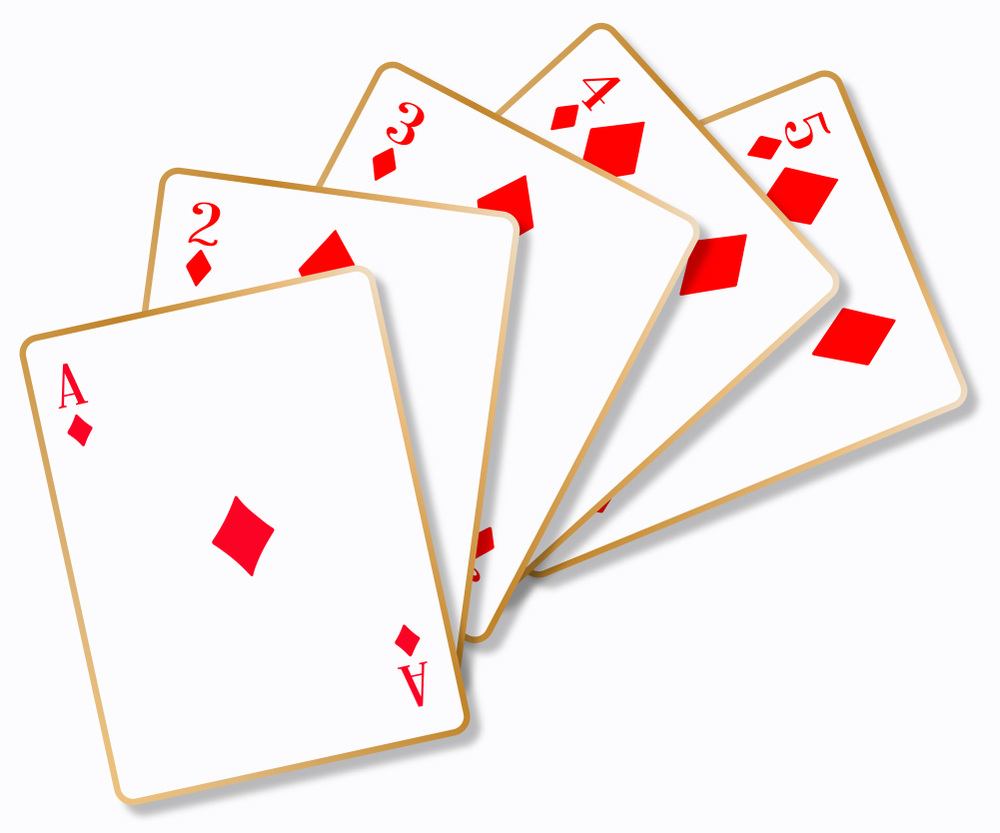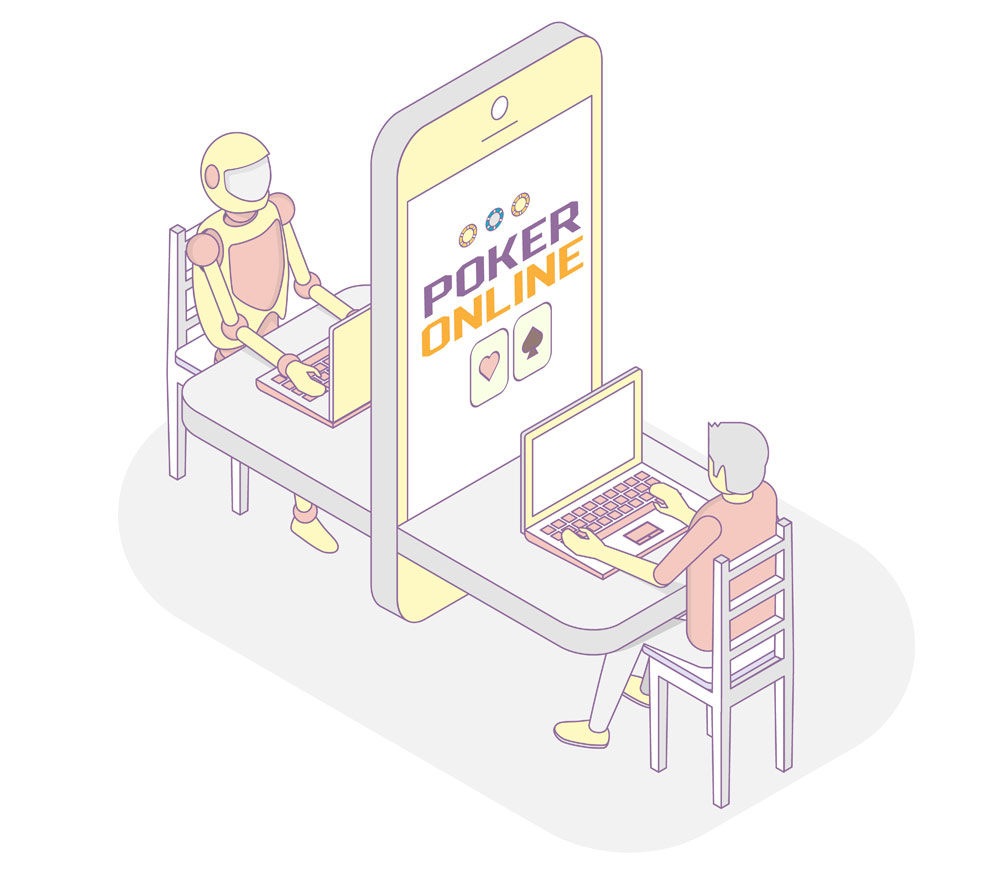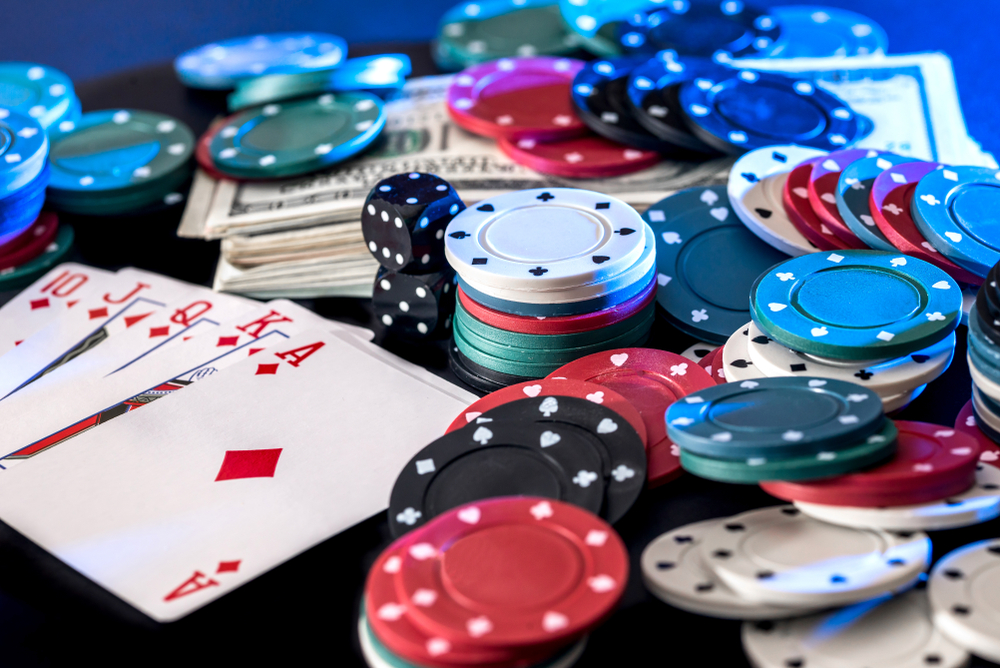
The popularity of online poker means that you can play anytime, anywhere and for practically any stakes. Some people play over breakfast, with a large cup of coffee in hand, while others burn the candle at night, with something a little stronger to keep them motivated. One thing that we all need to remember, no matter when and where we play, is the danger of the phenomenon known as “the tilt” or “tilting” in poker.
What is a tilt?
A tilt is what happens when something becomes unbalanced. It can happen accidentally, as for example when you lean on one end of a tray and your lunch slides towards the floor. It can happen on purpose, for example when you tilt a flat surface to let you reach something nearer the back, or gain a better view. In poker, however, tilting is what sometimes happens when you lose big, and then you start to play like a maniac, attempting to win back your lost chips. As you can imagine, this is not a very good idea.
Why does tilting happen?
The psychology of tilting is very easy to understand. Everybody loves to win, but nobody likes to lose. When you win, you feel great. You feel in control of the game. You watch your chip stack growing, and you anticipate a nice little top-up to your poker bankroll. Everything is going swimmingly, and the world is a happy place.
When you lose, however, and especially when you lose badly, this idyllic scenario is suddenly interrupted. Your emotions start to swing towards the negative. Why did I just raise him in that hand? I had the best hand! This is an injustice! Why is he winning with a pair of sevens when I had the Ace and King of Hearts? This rush of negative emotions upsets the balance of your mind, and that’s why it’s called tilting. You are no longer on an even keel, and you start making bad decisions because of that.
How can you prevent this from happening?
You can make tilting much less likely by making sure that you only play when you are feeling happy and healthy, and when there are no distractions while you play. A tired poker player will not be at her best. Don’t play yourself awake with a coffee. Don’t wind down with alcohol at the poker table either. Play when you are fit and alert, with all your faculties fully engaged. This makes for balanced decision-making and sensible play. You are less likely to go off the deep end, if you start from a position of stability and calm.
What should you do if you feel the temptation to tilt?
There will be times when you have a great hand, and you think you are going to win, when suddenly another player gets lucky on the river. There are times when an idiot raises with a four and a six unsuited and then wins the hand. That’s poker. It happens to everyone now and then, and you should be prepared for it.
If you find yourself in this kind of situation, take a deep breath. Make a note of the player’s behaviour, either on the online note function by his player name, or in your personal records. If it helps, give him a deeply insulting label in your private notes. Just don’t let your annoyance show at the table. Ever. Rise above it and continue with your usual strategy. Put it down to experience and move on.
The positive side of tilts
Experienced poker players know how to take advantage of tilting. If you see a player going ballistic with tilt after tilt, you can take advantage of that by tempting him with small raises when you have a good hand. He will probably go all-in, and you can clean up the chips. Just be aware of the tilting phenomenon and make sure it never catches you unawares.
One final tip
Here’s just one final piece of advice that might be helpful: never play close to your financial limit. People tilt when they feel desperate. If you have a nice cushion of cash in your bankroll, then you won’t be so eager to take those crazy shortcuts!







